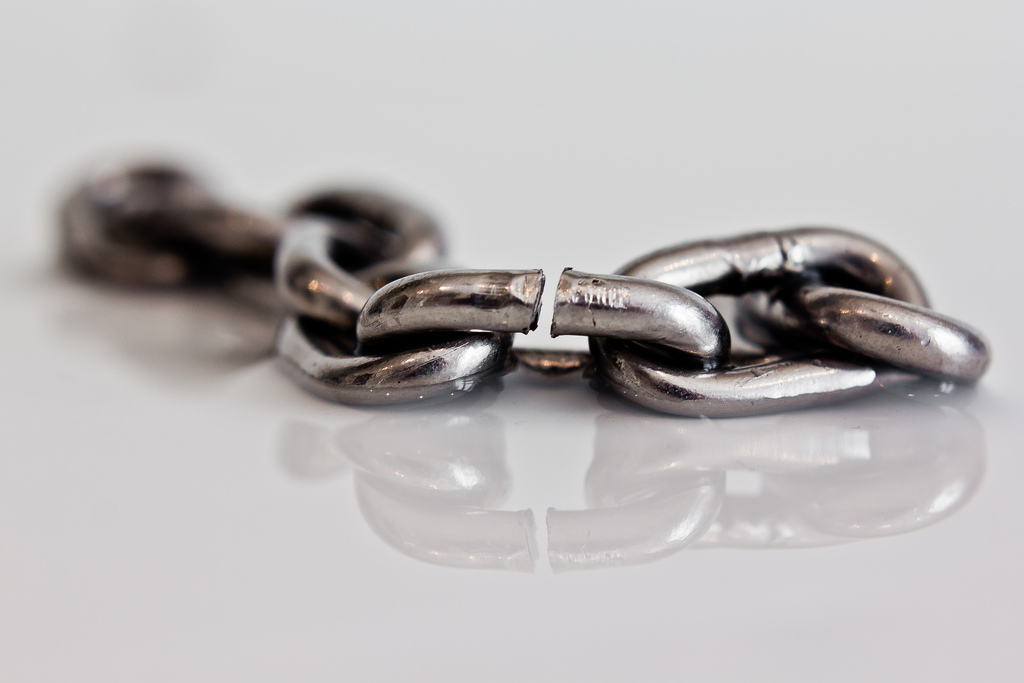Conveyancing can be a lengthy process. On average, it takes between six and eight weeks to complete – but this is generally seen as the ‘best case scenario’. If there are complications in the process or if there is a lengthy chain, the wait can stretch to several months.
But what if there is no buying chain for your property? How long does conveyancing take with no chain?
Average conveyancing times
When it comes to conveyancing with no onward chain, the process could be completed in as little as four weeks. That is great news for anyone hoping to move into their new home as soon as possible, or keen to free up cash with the sale of their property. As long as the paperwork is completed and filed on time, there is little reason why a chain-free property sale or purchase should take more than a month.
Online conveyancing has helped to speed up the process for simple sales, as information can be exchanged at any hour and services – and consumers – are no longer bound by office hours. Sellers can send requests and upload details outside of working hours, allowing searches to be initiated and forms to be filed in a much faster time. Communication is also faster thanks to the internet – queries and delays can be resolved within hours, rather than taking days or even weeks, and this again speeds up the conveyancing process.
Reasons for delays in chain-free conveyancing
However, the sale process can still be held up in a number of ways. If the funding process is complex, with reliance by the buyer on loans from relatives, for example, then the paperwork can take a little longer to complete. A cash sale will usually be the fastest way to complete conveyancing, while a straightforward mortgage is also reasonably speedy once approval is granted.
Search delays can also slow down the process. This is especially true during peak times, such as spring when there is usually a surge in the desire to move home. When a conveyancing service is in high demand, consumers can expect to wait a little longer for a result.
In truth, there is no simple answer. A buying chain is just one of many reasons that conveyancing can be held up. It is the most common reason, due to the complexities of arranging mortgages and purchases by everyone in the chain: a delay on one sale can hold up the entire chain. However, it is clear that a sale with no chain will almost always clear conveyancing faster than a property in the middle of a chain.
<a href=”https://www.flickr.com/photos/67430875@N03/”>Las cadenas se cortan por el eslabón mas débil / Chains break by the weakest link</a> by hernanpba licensed under <a href=”http://creativecommons.org/licenses/by/5.0/”>Creative commons 5</a>


